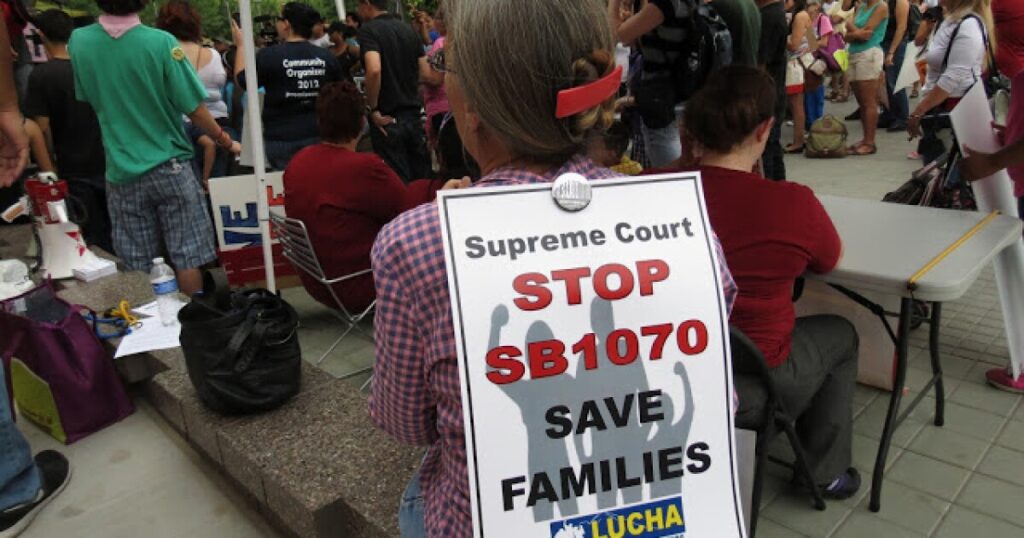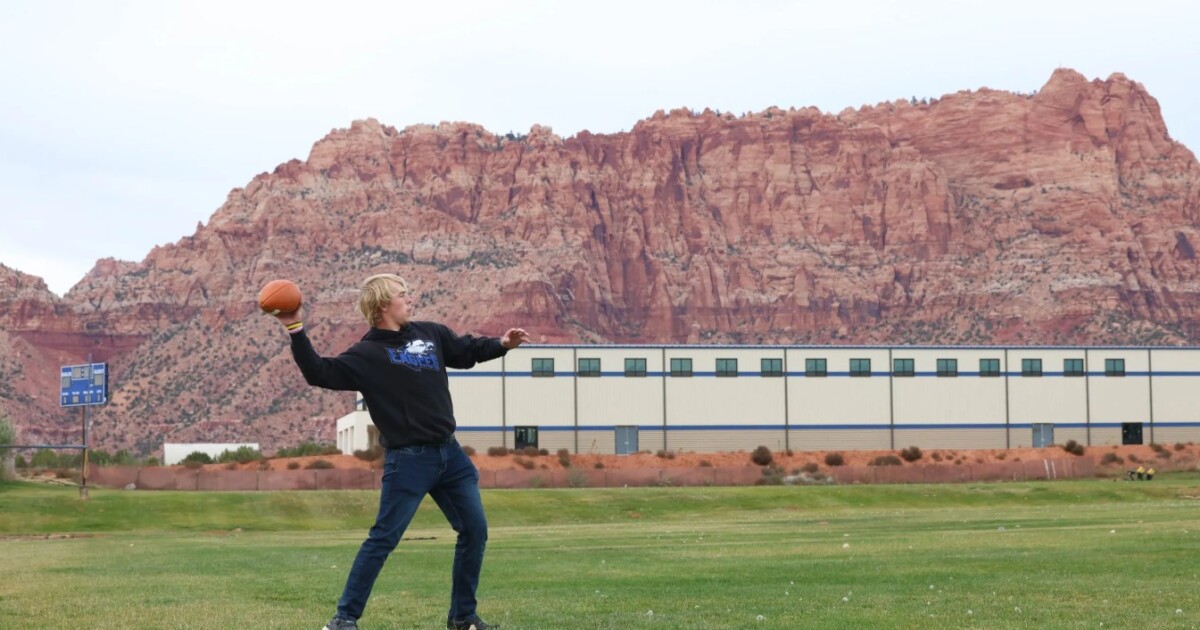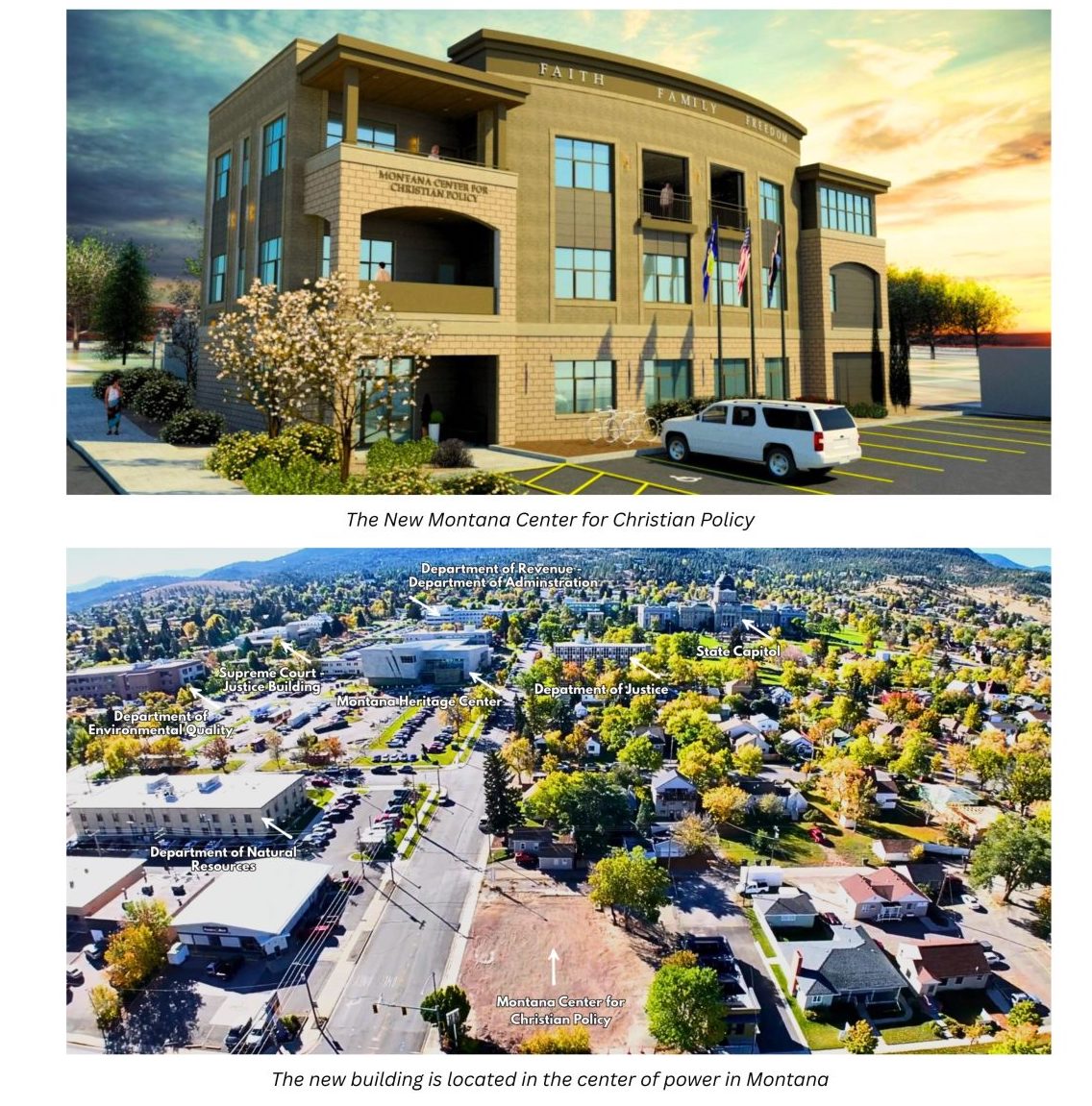The recent enforcement of a long-standing law requiring undocumented individuals in the U.S. to register and carry identification is causing a stir among immigrant communities and advocates. Concerns over potential racial profiling and the impact on public safety are being voiced as the mandate takes effect.
According to Jose Patiño, vice president of Aliento, an advocacy group in Arizona, the mandate complicates the identification process for undocumented immigrants. “It happens already to an extent. … I think this would make it even worse because how would you know somebody is undocumented?” He highlights the ambiguity in enforcing the policy.
Earlier this month, a federal judge upheld the Trump administration’s policy, asserting that the requirement has been part of U.S. law for decades. Homeland Secretary Kristi Noem stated, “The Trump administration will enforce all our immigration laws — we will not pick and choose which laws we will enforce. We must know who is in our country for the safety and security of our homeland and all Americans.”
Challenges in Enforcement
The mandate, rarely enforced in previous administrations, demands that individuals over 14 without legal status register, provide fingerprints, and list an address. Failing to do so is a criminal offense, leading to possible imprisonment and fines. Recent incidents of U.S. citizens being mistakenly detained underscore the confusion surrounding the policy. An online appointment app has also mistakenly canceled work permits, affecting even U.S. citizens.
Guerline Jozef of the Haitian Bridge Alliance notes an increase in racial profiling, particularly affecting Black migrants. “It is very hard to even communicate with the community members on what to do, telling them they need to know their rights, but they trample on their rights anyway,” she said. The situation has been compared to historical precedents where specific groups were required to carry documentation.
Historical Context and Current Impact
Lynn Marcus from the University of Arizona highlights how similar requirements have been dormant for decades. The strict enforcement now forces all U.S. citizens to carry proof of citizenship, potentially leading to profiling based on appearance or language abilities.
The psychological toll on immigrant communities is significant. Eileen Diaz McConnell from Arizona State University draws parallels to the effects of Arizona’s SB 1070 law, which caused widespread fear among Latino families. “Parents wouldn’t ride together in a car. They were always separated because they were worried they would be stopped,” she recalls.
Patiño, a Deferred Action for Childhood Arrivals recipient, notes the panic among those without special status. He shares the story of a former intern’s mother who now avoids public places due to fear of being detained. “It’s like she’s afraid of her shadow or, like, even to go out and throw out the trash,” he said.
—
Read More Arizona News










